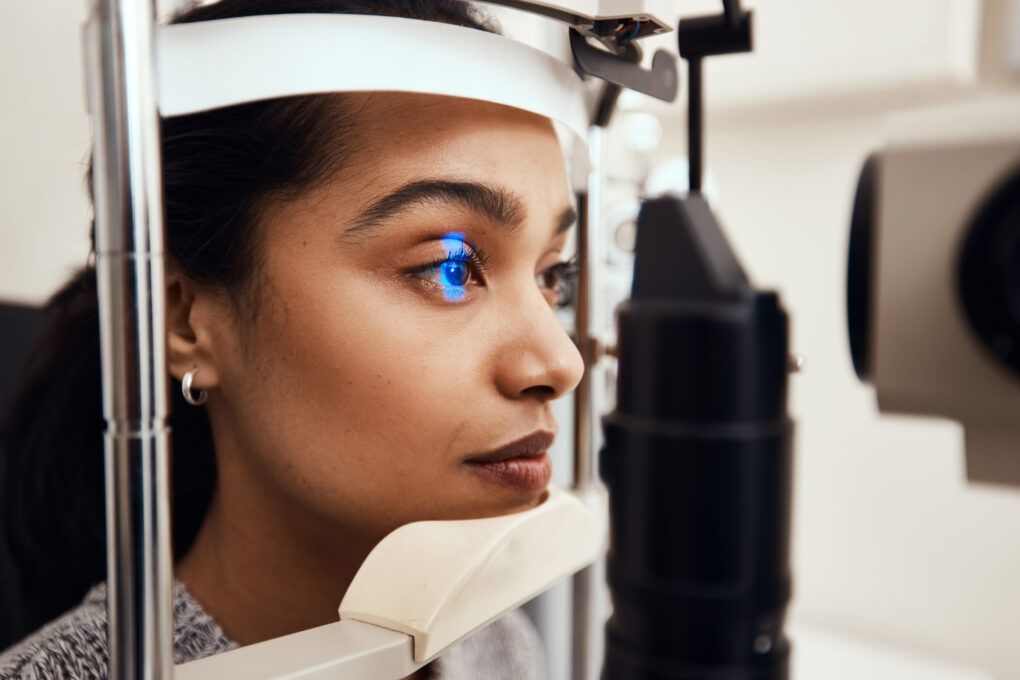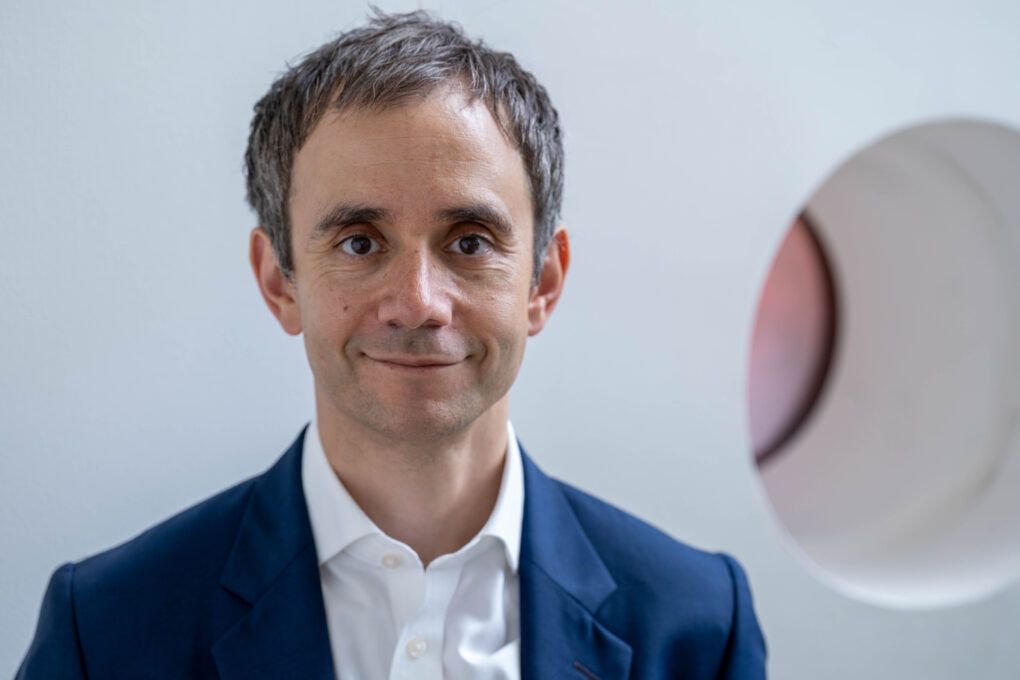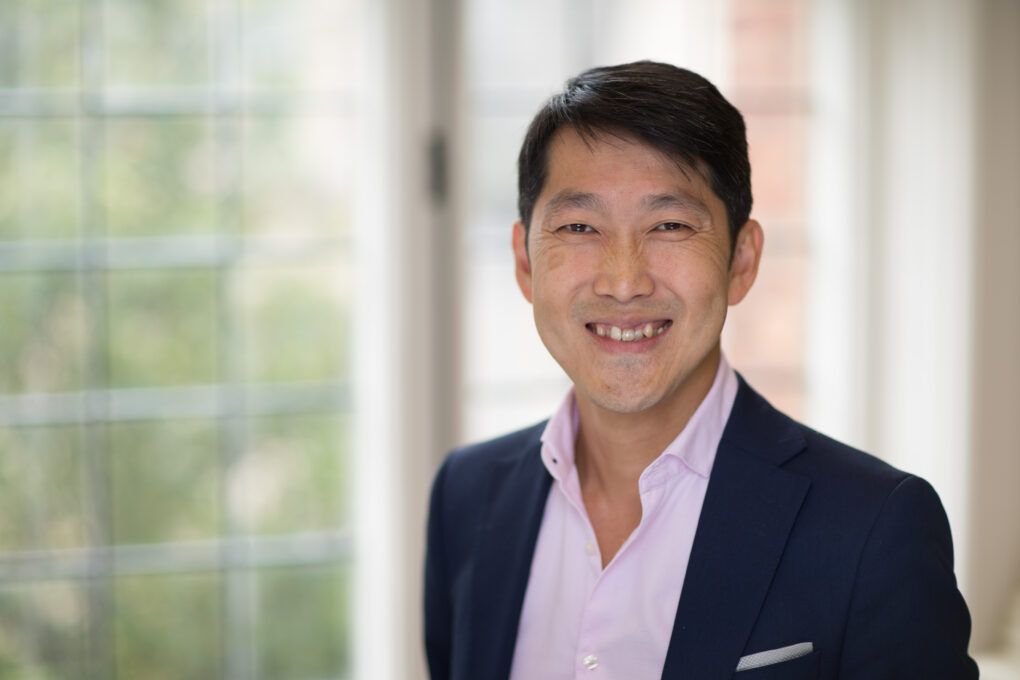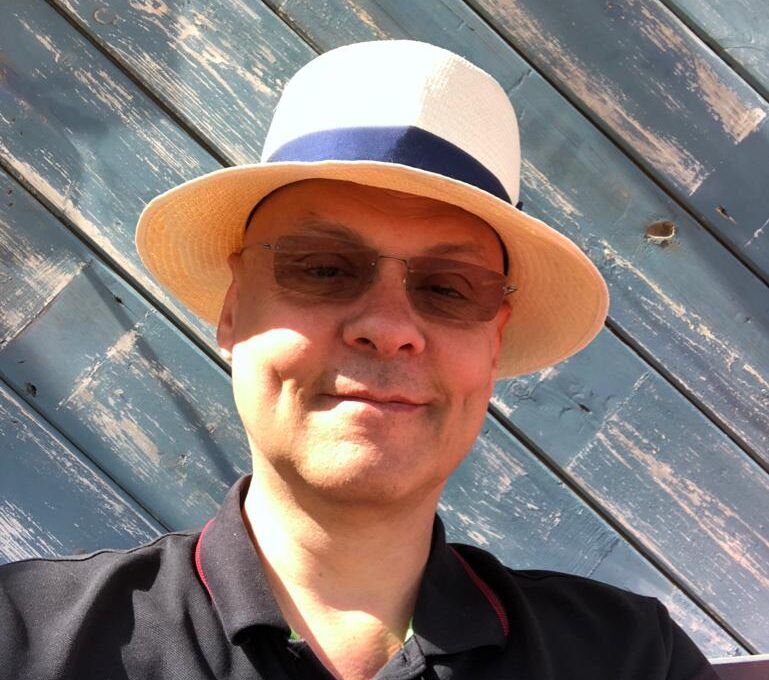Why Our Future Health can introduce a new era of sight loss healthcare

According to a survey of 2,000 people, when it comes to our health, blindness is the condition we fear the most.
Just under half (47%) of the people asked said they feared losing their sight as the worst possible health outcome – equal to or worse than losing hearing, speech, or a limb.
“Sight is our most valued sense – yet it is something which we think little of when asked about illness and disease,” says Wen Hwa Lee, from sight loss charity Action Against AMD. “Over 2 million people in the UK are living with some form of sight loss. The two leading causes are glaucoma (480,000 people) and Age-related Macular Degeneration (700,000 people).”
Our Future Health hopes to change the picture. Our resource will be used by health researchers to find new ways to tackle both glaucoma and AMD, so that fewer people suffer eyesight damage.
Detecting glaucoma better than ever before
Glaucoma is a common eye condition that causes damage to the optic nerve, which connects the eye to the brain. Roughly 2% of people over the age of 40 in the UK suffer from the condition, with your risk rising with age.
The condition tends to develop gradually and without symptoms, until the patient notices a loss or blurring of vision. At that point, the damage is irreversible. Doctors are unable to restore the sight that has been lost.
However, glaucoma is treatable – it just needs to be caught early. “As a glaucoma specialist, it’s frustrating that I see so many patients who have suffered substantial nerve damage,” says Anthony Khawaja, a consultant ophthalmic surgeon at Moorfields Eye Hospital. “If I see them at the beginning of their disease, it’s much easier for me to keep them seeing for the rest of their lives.”

So, how do we catch glaucoma early? The condition can be detected at a routine eye exam at your local opticians, but many people don’t go for regular appointments. “The key to unlocking earlier detection is in our DNA,” says Anthony. “Glaucoma is a highly genetic disease. We know where to look in someone’s code to find out if they have a high risk of developing the disease. Once we’ve identified those at high risk, we can offer them regular check-ups, so if they do go on to develop glaucoma, we’ll catch it early.”
Our Future Health will help doctors like Anthony do just that. Our volunteers donate a small sample of blood, which is used to extract DNA. Researchers will be able to use this information to find new ways to prevent, detect and treat diseases. For example, they might seek to improve our understanding of who is at risk of glaucoma.
Volunteers will also have the opportunity in the future to receive personal feedback on their risk of certain diseases, which could include glaucoma.
“I’m so excited about Our Future Health,” says Anthony. “We need big studies to find out about genetic risk of common diseases and no one else is operating at the scale of this research programme.
“Our Future Health is going to pave the way for us to use genetic data to prevent disease. It’s a beautiful programme.”
Understanding AMD

Wen Hwa Lee, Chief Executive Officer and Chief Scientist of Action Against AMD, is equally enthusiastic about the opportunity to drastically improve sight loss healthcare. His charity is committed to identifying new ways to stop the progression of AMD, which is the most common cause of sight loss in the developed world.
AMD affects a person’s central vision, leaving them unable to do everyday things such as read, drive, and recognise faces. It usually affects people over the age of 80 and it often has a significant impact on mental health, as it’s associated with social isolation and falls.
Unlike glaucoma, most AMD cases can’t be treated, although we know obesity and smoking are strong risk factors. “In the UK, treatments exist only for about 10% of the cases of late-stage AMD – the so called ‘wet’ form of AMD, involving inconvenient and regular injections into the eyeball,” says Lee.
Our Future Health can help researchers discover much more about the condition because we are bringing together millions of adults from across the UK. It will create an incredibly detailed picture of the UK’s eye health. Not only will researchers be able to look at the genes of people who suffer from AMD, they will also be able to chart the progression of a patient from before their diagnosis.
“That’s why Action Against AMD partnered with Our Future Health,” says Lee. “It is only by understanding what causes healthy eyes to evolve into AMD that we can intercept the condition before it causes harm.
“Our ambition is to sort out sight loss caused by AMD before it affects anyone, to eradicate this condition from our future.”
Volunteer View
Stuart Clark, 66, is a management consultant who suffers from glaucoma. He joined Our Future Health at a clinic in London.

“When I was in my early 40s, I was diagnosed with glaucoma after going for a routine eye examination at my local opticians. Fortunately, the condition was in its early stages – I’ve been able to manage it over the years, with help from eye doctors.
I’ve had a few different treatments. I started with eye drops, although I had an adverse reaction to one set. I then had a procedure called an iridotomy, where small holes are drilled into the eye to help fluid drain away. It sounds dramatic but it’s basically painless and it means I don’t have to use drops every day of my life.
I know glaucoma is carried in the genes. I hope that by sharing my health information with Our Future Health, more people will have their glaucoma detected early, like me. If doctors get to you soon enough, you can live with this condition without it impacting your life.”
You can find out more about Age-Related Macular Degeneration at actionagainstamd.org. For more on glaucoma, visit glaucoma.uk

Let’s prevent disease together
By volunteering for Our Future Health, you can help health researchers discover new ways to prevent, detect and treat common conditions such as diabetes, cancer, heart disease, stroke and Alzheimer’s.